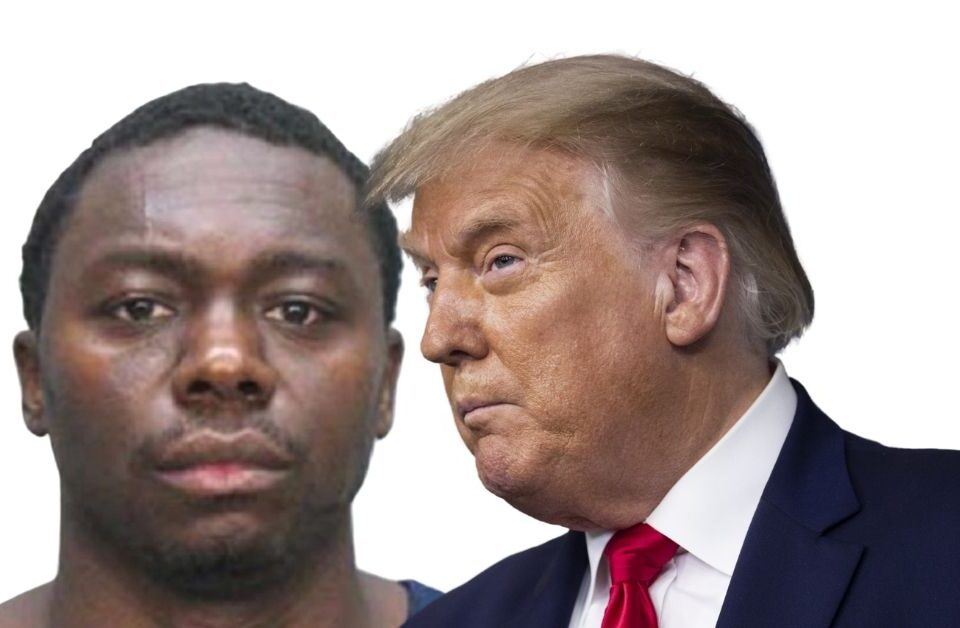An appeals court denied James Rosemond a.k.a. Jimmy Henchman’s bid to be released from prison on Tuesday (February 13). According to court documents obtained by AllHipHop, the U.S. Court of Appeals for the Fourth Circuit upheld a ruling saying former President Donald Trump never granted clemency to Rosemond.
Rosemond received a small victory as the appeals court ruled the district court “erred in concluding that a writing” was required to enact clemency power. But the appeals court said Rosemond cannot prove Trump commuted the music executive’s sentence.
“The problem for Rosemond, then, is not just the lack of a clemency warrant per se,” the court explained. “It is his failure to allege the existence of evidence that President Trump in fact commuted his sentence. His argument rests entirely on the assertions set forth in the Browns’ declarations, but those declarations do not prove what he claims they do.”
Rosemond cited a Trump phone call with Jim and Monique Brown as proof of the former president granting clemency to the convicted felon. The appeals court reviewed the alleged statements from the call and determined there was no evidence to support Rosemond’s claim.
“At the outset, the portions of the Browns’ declarations asserting that President Trump allegedly commuted Rosemond’s sentence are only the Browns’ characterizations of and ‘belief[s]’ of the December 18 telephone call,” the court noted. “But the Browns do no possess clemency power, nor are they authorized to speak on President Trump’s behalf. Therefore, it is President Trump’s words—not the Browns’ takeaways from them—that would be the sole basis for determining Rosemond’s sentence has been commuted.”
It continued, “Even assuming the factual accuracy and eventual admissibility of the information recited in the Browns’ declarations regarding President Trump’s reported statements, none of those statements during the December 18 telephone call reflect a declaratory statement that President Trump had previously or was in that moment commuting Rosemond’s sentence. Instead, his statements are forward-looking, anticipating what he wanted to have happen at some point in the future.”
The appeals court said granting relief to Rosemond based on the Browns’ declaration would be unlawful. The Constitution forbids the court from appropriating executive power.
“In sum, although President Trump may have intended to exercise his clemency power to commute Rosemond’s sentence at some future point in time, the words … during the phone call with the Browns did not do so,” the court ruled. “Nor is there any other evidence alleged to show that President Trump did so at some point after December 18 and while he still held the constitutional powers of the President. In fact, Rosemond’s petition was proceeding along the process typically used to channel such requests, and that channel—when successful—would have typically ended with the President signing a commutation warrant. Instead, Rosemond’s petition is still designated as pending on the Pardon Office website tracking all petitions submitted to it.”
Rosemond landed in prison for drug trafficking and his role in the murder of 50 Cent associate Lowell Fletcher. Rosemond is serving multiple life sentences.
